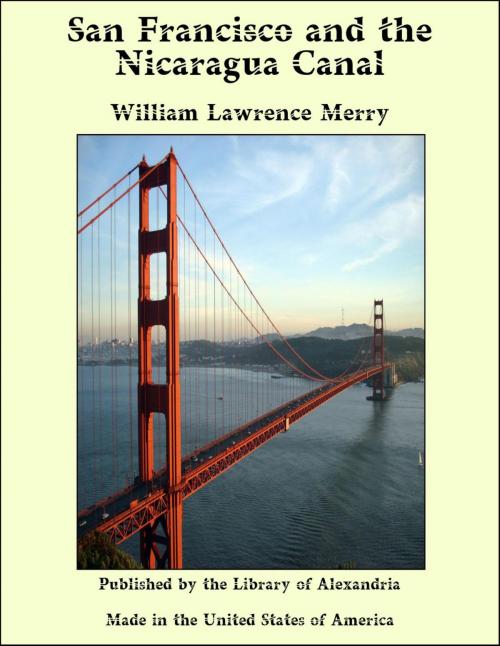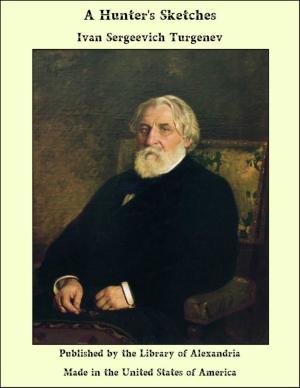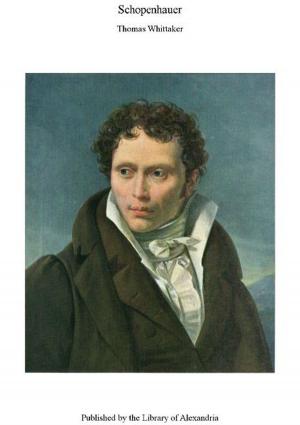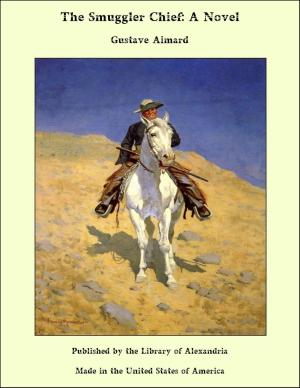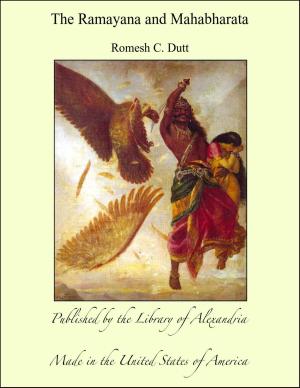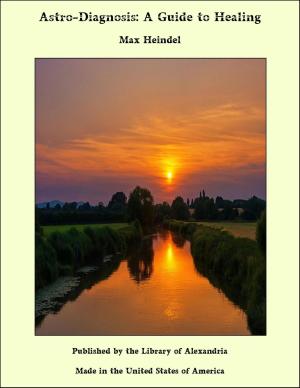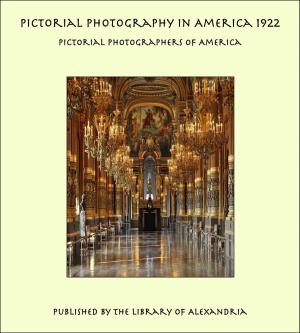San Francisco and the Nicaragua Canal
Nonfiction, Religion & Spirituality, New Age, History, Fiction & Literature| Author: | William Lawrence Merry | ISBN: | 9781465575562 |
| Publisher: | Library of Alexandria | Publication: | March 8, 2015 |
| Imprint: | Language: | English |
| Author: | William Lawrence Merry |
| ISBN: | 9781465575562 |
| Publisher: | Library of Alexandria |
| Publication: | March 8, 2015 |
| Imprint: | |
| Language: | English |
Your valued favor of August 23d requests me to contest the argument of a mutual friend entitled to our personal esteem, in regard to the Nicaragua Canal, to the construction of which he objects. The admission made by him that his argument is not made on very broad lines would indispose me to reply, as the Nicaragua Canal is a national undertaking, not to be considered from a narrow standpoint. But, confident that even his narrow premises will not stand impartial investigation, I shall contest his arguments first from his restricted platform, and subsequently in the brief manner necessitated by the limits of this paper, on a broader and more patriotic basis. In examining his statement of navigable distances I note some serious errors, consequently you will find herewith a statement thereof for which I can vouch as emanating from the United States Hydrographic office. During my Central American residence I have visited various United States naval ships on this station and have found one naval lieutenant opposed to the canal. On urging him to candidly state his reason for this opposition, he at first stated that his reason was a personal one and like our friend's not made on very broad lines. He finally admitted that he opposed a canal because if we do not have one we shall need two navies, one on each side of the Continent; more naval officers would be necessary and his promotion would ensue much more rapidly! Although at first surprised at this view of the case I thanked him for his friendly candor, and replied that his argument as a personal one was on a sound basis, much more so than the railway magnates who oppose the Canal on the erroneous ground that their overland railways will be injured thereby when I challenge anyone to cite an instance where any canal has not benefited the railways nearest thereto: notably the St. Mary's and Erie Canals in our own country. Our friend starts with the assumption that the canal is to be constructed for the purpose of making money. This I deny in toto. The United States Government will build a canal on a broader and more beneficent basis, for the political and military safety of our country, for the development of its commerce and industries and to secure a short cheap water route to and from our Pacific Ocean possessions. The Suez Canal which cost ninety-four millions was built to make money and earns 17 to 20 per cent. annually on a toll of about 1.85 per ton, whereas our Government should not charge over one dollar per ton when the Nicaragua Canal is opened and when its traffic increases, probably half a dollar per ton will pay cost of maintenance and leave a small percentage for a sinking fund.
Your valued favor of August 23d requests me to contest the argument of a mutual friend entitled to our personal esteem, in regard to the Nicaragua Canal, to the construction of which he objects. The admission made by him that his argument is not made on very broad lines would indispose me to reply, as the Nicaragua Canal is a national undertaking, not to be considered from a narrow standpoint. But, confident that even his narrow premises will not stand impartial investigation, I shall contest his arguments first from his restricted platform, and subsequently in the brief manner necessitated by the limits of this paper, on a broader and more patriotic basis. In examining his statement of navigable distances I note some serious errors, consequently you will find herewith a statement thereof for which I can vouch as emanating from the United States Hydrographic office. During my Central American residence I have visited various United States naval ships on this station and have found one naval lieutenant opposed to the canal. On urging him to candidly state his reason for this opposition, he at first stated that his reason was a personal one and like our friend's not made on very broad lines. He finally admitted that he opposed a canal because if we do not have one we shall need two navies, one on each side of the Continent; more naval officers would be necessary and his promotion would ensue much more rapidly! Although at first surprised at this view of the case I thanked him for his friendly candor, and replied that his argument as a personal one was on a sound basis, much more so than the railway magnates who oppose the Canal on the erroneous ground that their overland railways will be injured thereby when I challenge anyone to cite an instance where any canal has not benefited the railways nearest thereto: notably the St. Mary's and Erie Canals in our own country. Our friend starts with the assumption that the canal is to be constructed for the purpose of making money. This I deny in toto. The United States Government will build a canal on a broader and more beneficent basis, for the political and military safety of our country, for the development of its commerce and industries and to secure a short cheap water route to and from our Pacific Ocean possessions. The Suez Canal which cost ninety-four millions was built to make money and earns 17 to 20 per cent. annually on a toll of about 1.85 per ton, whereas our Government should not charge over one dollar per ton when the Nicaragua Canal is opened and when its traffic increases, probably half a dollar per ton will pay cost of maintenance and leave a small percentage for a sinking fund.
